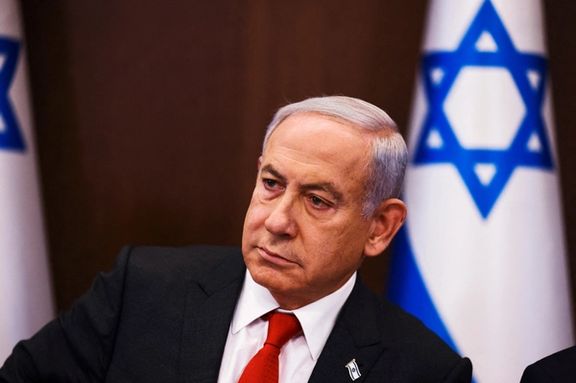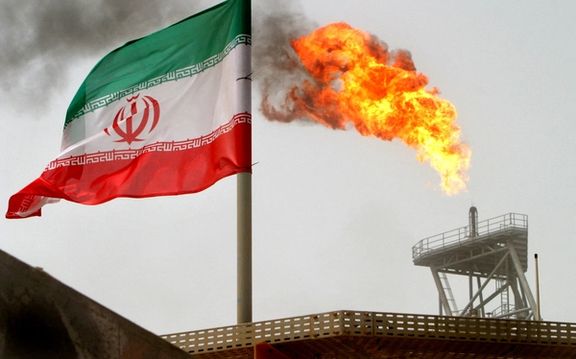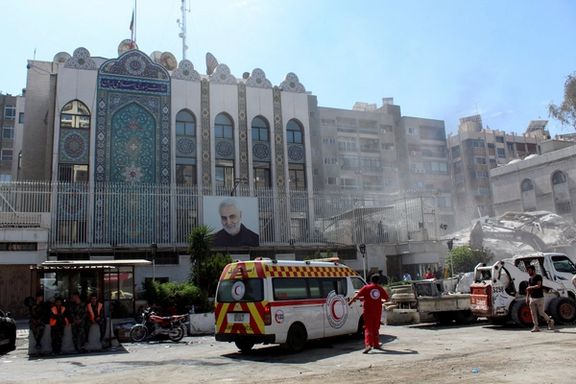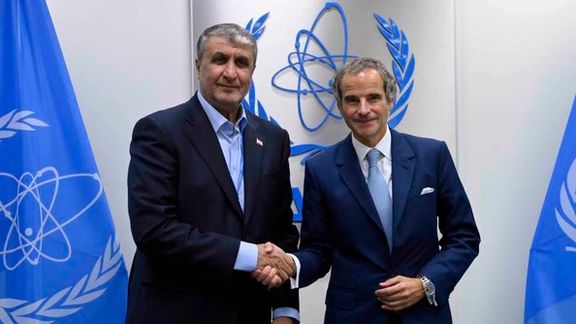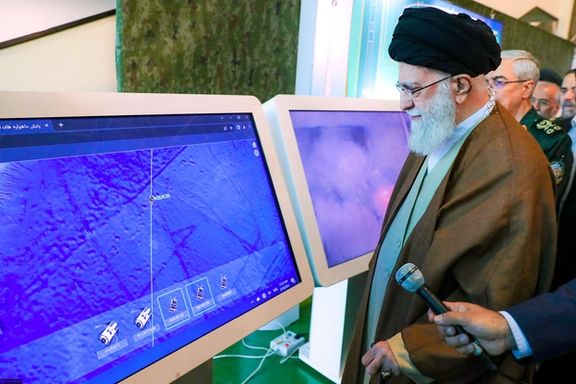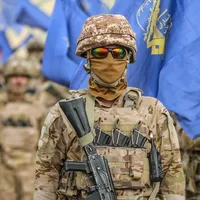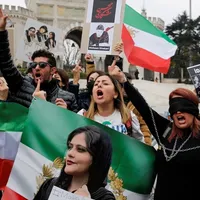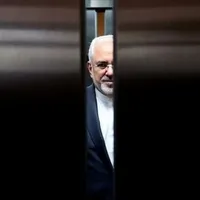In its report released on Wednesday, RSF called on the government to take all necessary measures to ensure the safety of Iranian journalists who are targeted with a “chilling and far-reaching threat” from Iran.
The investigation into the attack on Zeraati is being headed by the Metropolitan Police's Counter Terrorism Command, due to previous threats towards Iran International’s journalists.
In its report, the press freedom watchdog documented a rise of transnational threats faced by Iranian journalists working and living in the UK.
While the report found that Iranian journalists working abroad often face intimidation or harassment, including in the US, France, Germany, Sweden, and the UK, London is considered a "hotspot" for such attacks – given the number of prominent Persian-language broadcasters in the city.
The Iranian government has long threatened Iran International, with several journalists at the network facing imminent threats of attacks in the years 2022 and 2023.
The news network's offices were temporarily relocated from London to Washington last year after threats escalated to a level that domestic security services could no longer guarantee the safety of the staff.
According to the RSF report, almost 90% of Iranian journalists surveyed had experienced online threats or harassment in the past five years, including death and rape threats.
Families of journalists also routinely faced threats from Iranian authorities.
Approximately 60% of respondents in the report said that their families had been threatened, including being called in for interrogations, applying economic penalties, such as asset freezes or job losses, removing passports, travel bans, surveillance, tapping phone calls, and detentions.
The report also revealed that there are deficiencies in the support provided to journalists by law enforcement and social media platforms, partly because their plight is perceived as a “foreign priority, rather than domestic.”
The majority of journalists said they had negative experiences when they reported attacks to police, who did not understand the context or gravity of the threats they faced.
Only 13% of respondents reported abuse to the police over the past five years, with many considering it “a waste of time”.
Although online threats and harassment are high, journalists who report online abuse have overwhelmingly negative responses.
According to many respondents, complaints made to social media platforms were ignored or dealt with unsatisfactorily.
